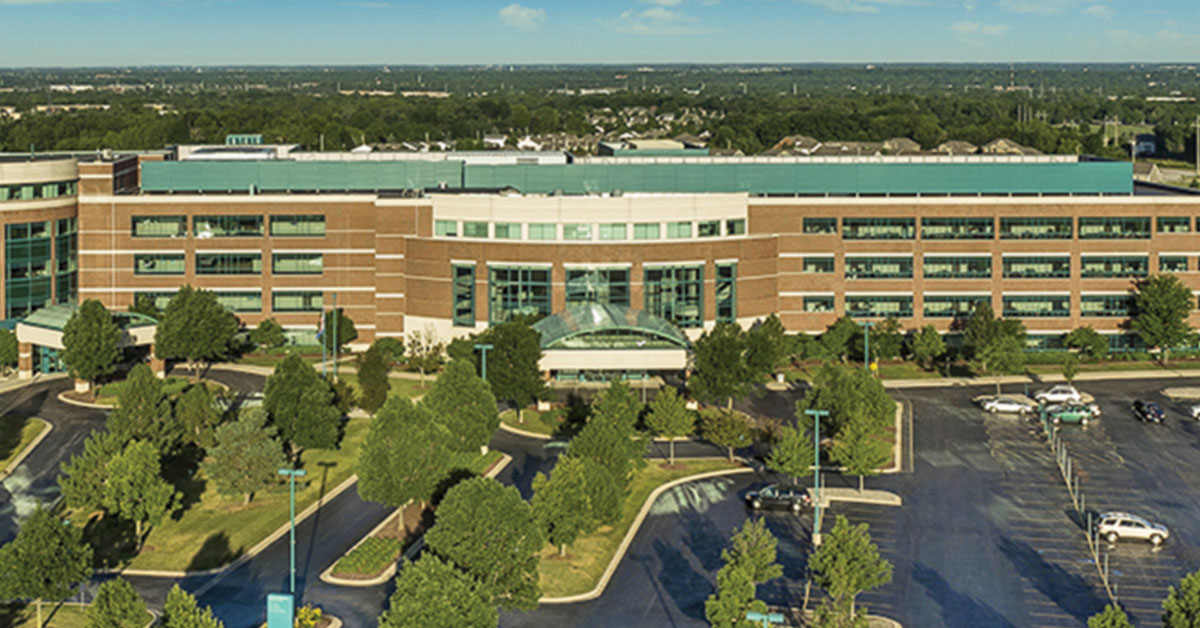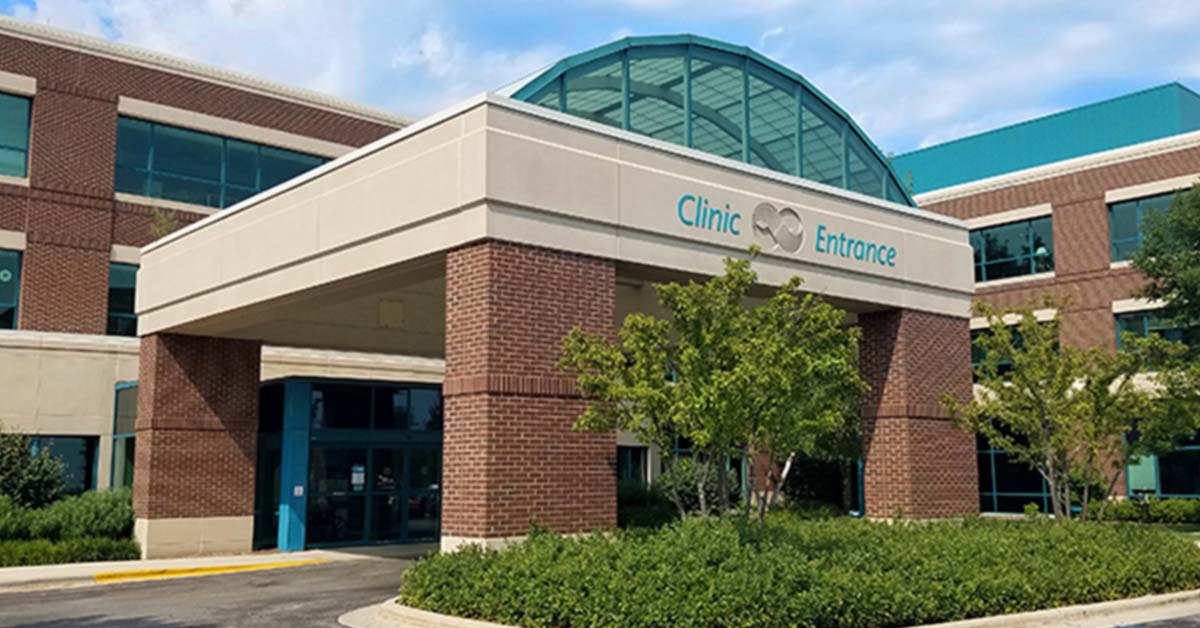Cardiac Imaging
Cardiology
Specialized in cardiac imaging
At Aurora BayCare Medical Center’s state-of-the-art facility, our team of cardiac imaging specialists - from cardiology and radiology - work together to provide patients the most accurate diagnostic medical imaging services.
- Cardiac MRI
- Cardiac PET/CT
- Coronary CT
- Nuclear imaging
- Transesophageal cardiography
Cardiac imaging provides highly detailed pictures of your heart, so your cardiologists and cardiac surgeons can better map out treatment strategies. In the past, surgeons needed to rely on x-rays to outline surgical approaches. But now, thanks to advances in cardiac MRI and echocardiography, our heart specialists can use intricately detailed images to plan and execute surgeries - right down to the smallest detail.
Cardiac MRI
Cardiac MRI uses a powerful magnetic field magnet and radiofrequency waves to produce detailed images of the heart and blood vessels.
Cardiac PET/CT
Cardiac PET/CT combines two medical imaging techniques to show the chemical function and structure of the heart, as well as surrounding vessels. PET stands for positron emission tomography, a type of nuclear medicine imaging. CT stands for computed tomography and uses special x-ray equipment to produce internal images of the body.
Coronary CT
Our next-generation, 128-slice CT scan permits the most accurate and detailed images of heart disease available. It provides a fast and accurate assessment (in as few as 30 seconds) of plaque and blockages in coronary arteries.
Nuclear Imaging
Nuclear imaging allows doctors to measure blood flow to the heart, using small amounts of radioactive material. Learn more about nuclear medicine at Aurora BayCare.
Transesophageal Cardiography
A transesophageal cardiography exam (TEE) uses sound waves to evaluate cardiac function. Unlike a traditional echocardiogram which takes images through the chest wall, a TEE takes images using a transducer inserted through your esophagus.
Medical Imaging & Early Detection
Cardiac imaging allows our doctors to detect cardiovascular disease earlier. Medical imaging technology can help detect cardiovascular problems including:
- Aneurysms
- Cardiomyopathy
- Congenital defects
- Congestive heart failure
- Heart disease
- Pericarditis
- Valve disease





